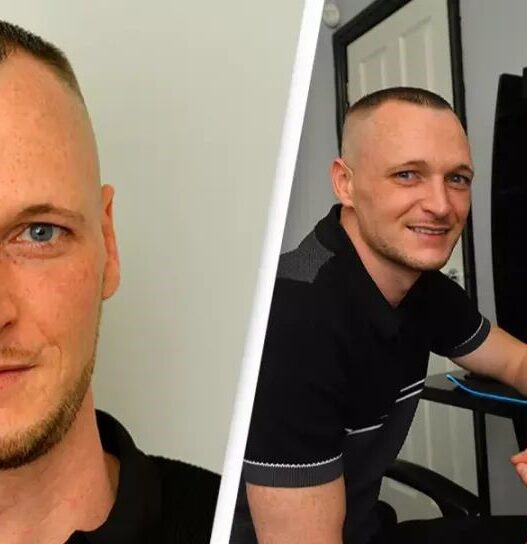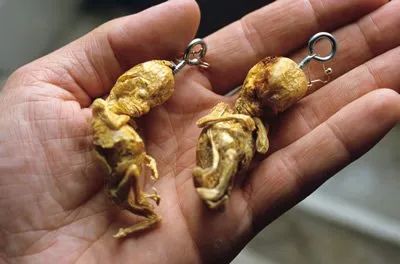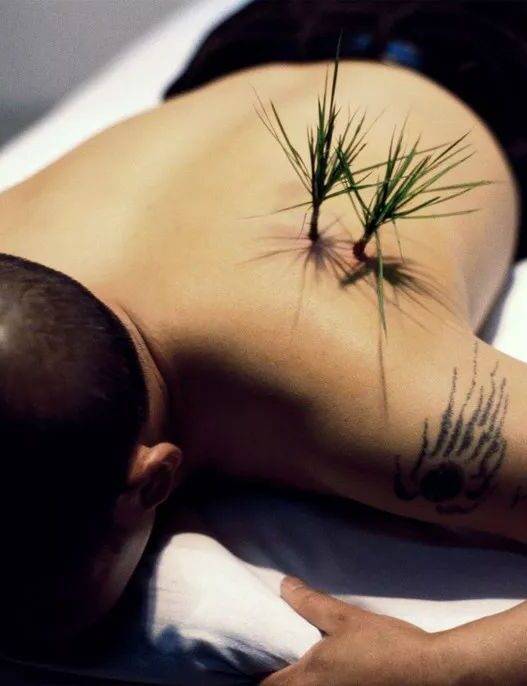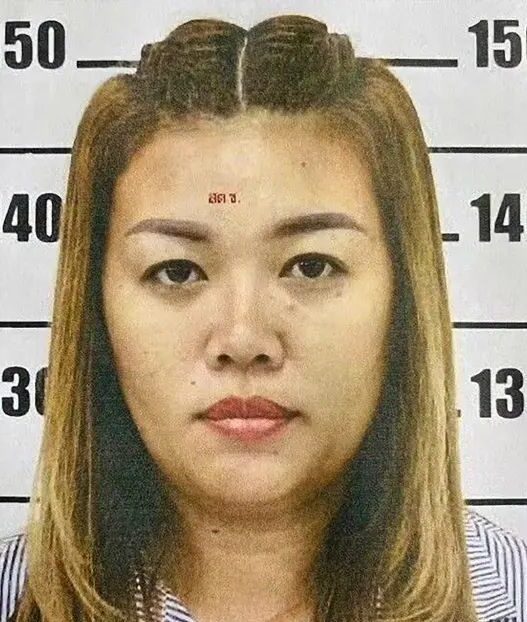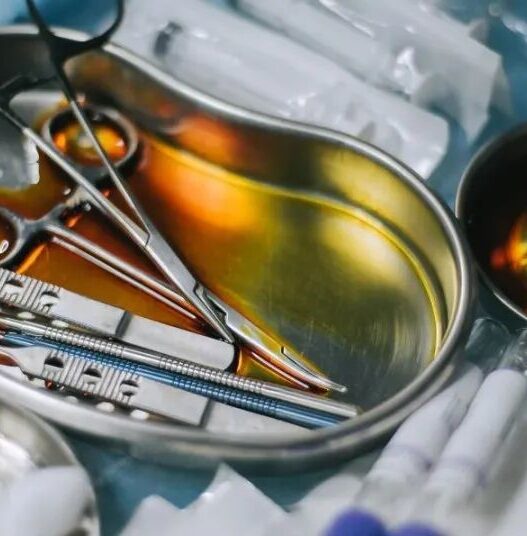Thailand has been buzzing over the past couple of days with the tragic death of 20-year-old singer Chayada (Ping Chayada) after a Thai massage in Udon Thani, leaving many Thais anxious.
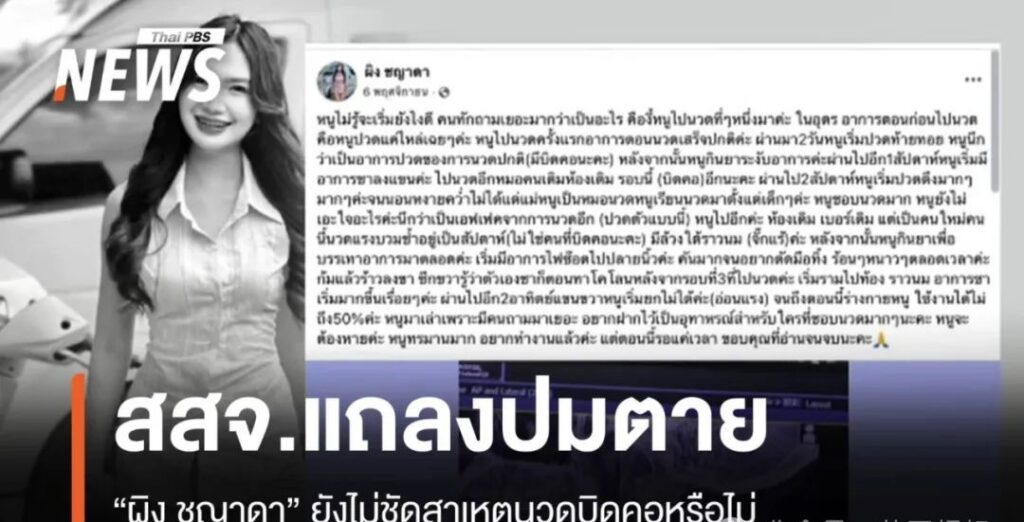
As is well known, Thailand is full of massage parlors, where you can get an hour-long massage for about 50-60 RMB. Both locals and tourists from around the world enjoy going for a massage, whether they have a reason to or not.
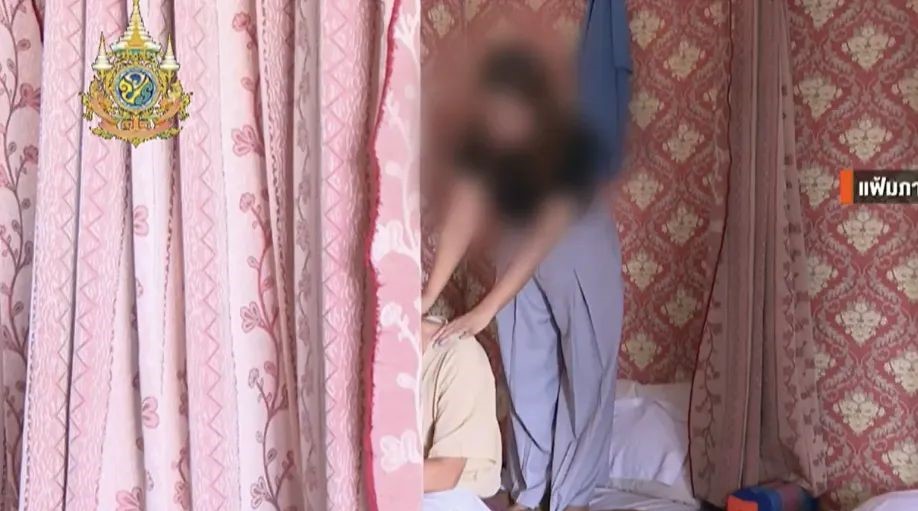
After this incident, massage parlors have come under scrutiny. People have realized that it’s best not to casually get massaged on vital areas like the cervical spine…
Chayada had just turned 20 and lived with her parents and two brothers in Udon Thani. She had recently embarked on her singing career, signing with a studio near her home and releasing two albums, with her family holding high hopes for her future.
Chayada’s 47-year-old mother is an experienced masseuse. Recently, after returning from a singing performance, Chayada felt back discomfort and asked her mother to give her a massage.
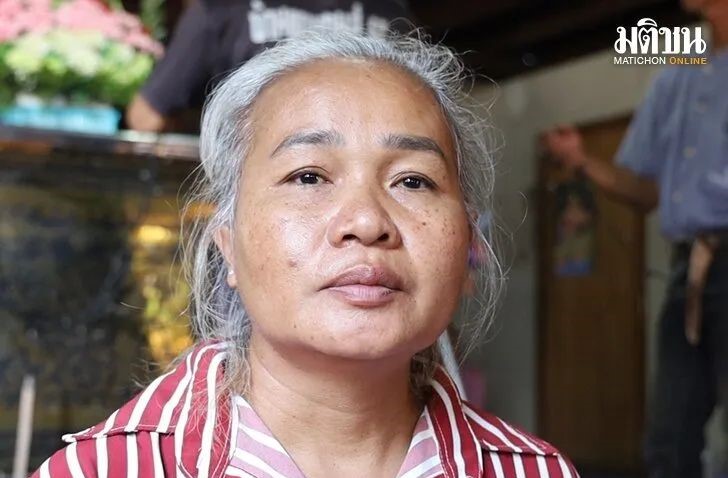
(Chayada’s mother)
However, because her mother had just undergone surgery and lacked strength, Chayada had to go out with her boyfriend to find a massage parlor in the city center.
After the first massage, she felt numbness in some parts of her body and was unable to move, so she decided to go back for improvement, undergoing two more massages hoping to resolve the issue.
But unexpectedly, her condition worsened after the massages. Chayada was in so much pain she could barely walk, and her mother suspected that her cervical spine might have been displaced during the massage, so she rushed her to the local hospital.
Surprisingly, the doctors did not believe that a massage could cause such damage, dismissing it as nonsense. Media reports mentioned that the doctors thought it was a minor symptom that would recover in a few days, not even considering an X-ray.
Since no diagnosis could be made, Chayada had to transfer to a larger hospital, where she was diagnosed with three spinal displacements.
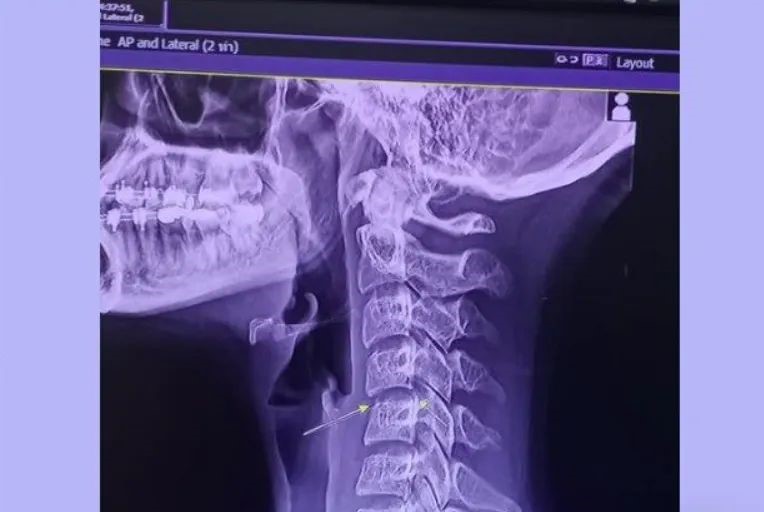
Her family thought that since the cause was identified, they might as well return to the first local hospital for treatment, as it was closer to home and more convenient in case anything happened.
But Chayada’s condition deteriorated much faster than anyone had anticipated. It’s possible that the cervical spine injury led to meningitis. Before her scheduled hospital admission, she was rushed to the ICU in a coma.
She spent ten days in the ICU, with her condition showing no signs of improvement. In her final moments, her body had multiple issues; her lungs were swollen due to resistant infections, fungi were present in her blood, and the infection had spread to her brain…
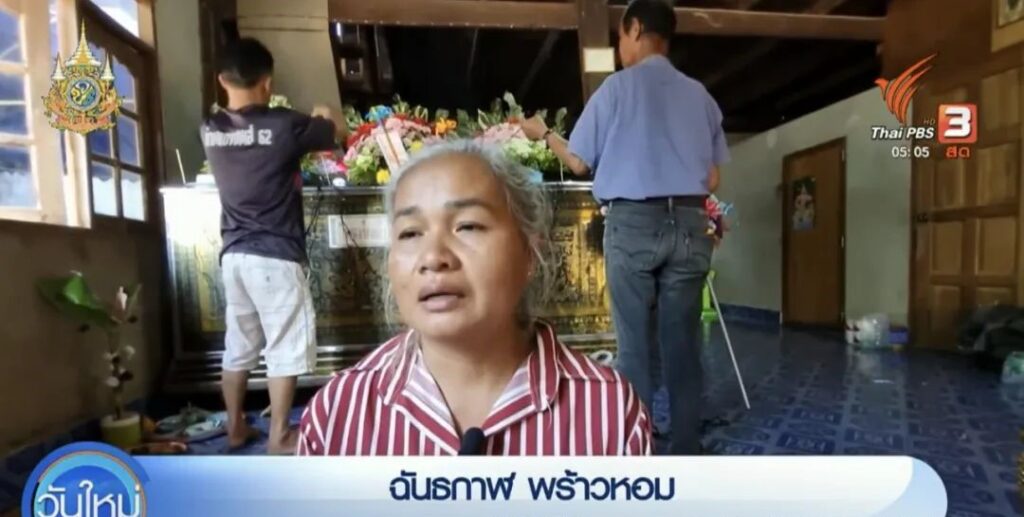
(Scene from Chayada’s funeral)
After Chayada’s death, her family could not accept the outcome. Her mother mentioned that her daughter was young and had no underlying health conditions; if it weren’t for the improper massage, this wouldn’t have happened.
Her boyfriend also couldn’t accept it, saying Chayada had rested, they had sold grilled squid together, and after resting, she felt uncomfortable the first time she performed, leading to the subsequent massage parlor incident. They had already planned their future together, but she suddenly left…
Given her years of experience as a masseuse, Chayada’s mother believed it was definitely due to improper techniques by the masseur at the parlor that led to the tragedy.
After her daughter’s funeral, she decided to seek justice through legal means. Chayada’s story was quickly reported by the media, and relevant agencies began investigating and collecting evidence at the massage parlor.
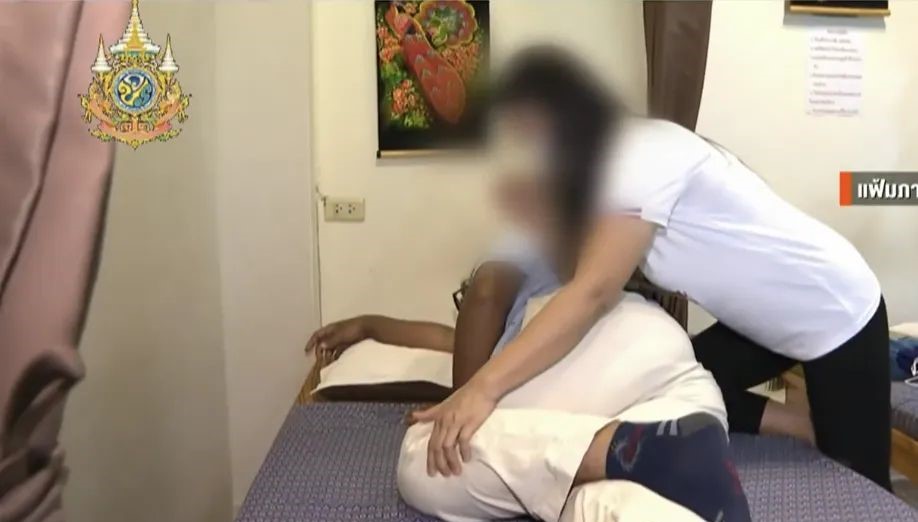
The parlor’s manager stated that the shop had been in business since 2005 without any issues. However, she mentioned that the number of masseuses changes daily, with many part-time masseurs coming in during busy times.
The manager also explained that due to the high turnover of part-time staff and the time that had passed since Chayada’s first visit, it was impossible to determine who massaged her that day.
Chayada’s boyfriend added some details, noting that the first two massages were done by the same masseuse, but the third time, it was someone else, and this new masseuse had a heavier hand and applied more force.
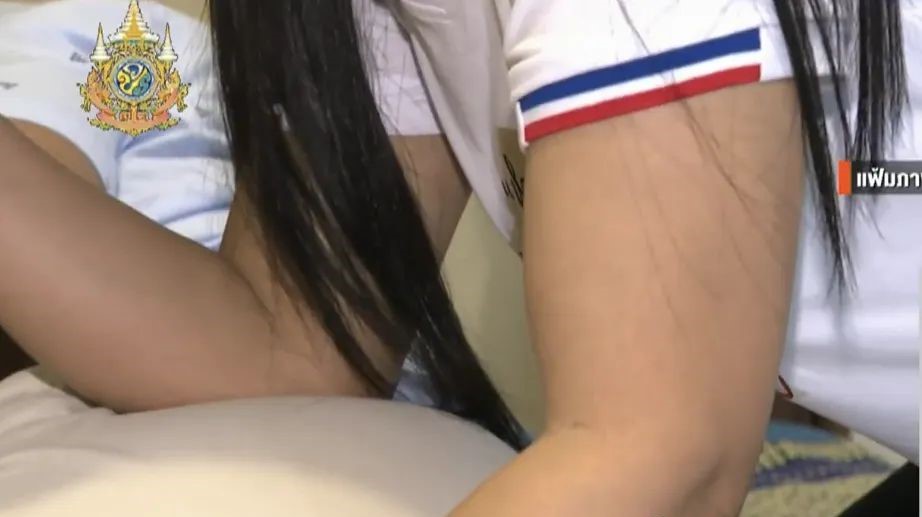
The manager confirmed that the shop does not provide cervical spine massages because everyone knows they are dangerous. But she also admitted that she couldn’t control the communication between the masseurs and clients; if a client requested a cervical spine massage, the masseur might comply.
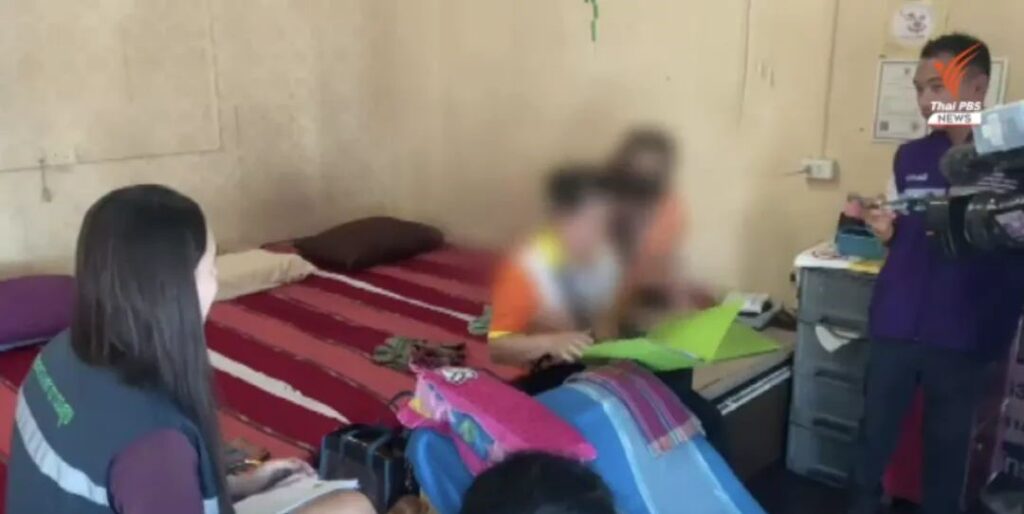
(Chayada’s massage shop)
The current difficulty in gathering evidence is that the massage was conducted in a relatively private room, with only Chayada and the masseuse knowing what was said.
Even if they could find the masseur from that day, there’s no way to confirm whether or not a cervical spine massage was performed.
Thai media reports mentioned that there are over 20,000 legally licensed massage parlors in Thailand, but nearly 200,000 masseurs operate without a license.
Some Thai masseurs use self-taught techniques that might not meet standards or could cause harm. Techniques like head twisting, shaking, or rotating increase the risk of injury to the body.
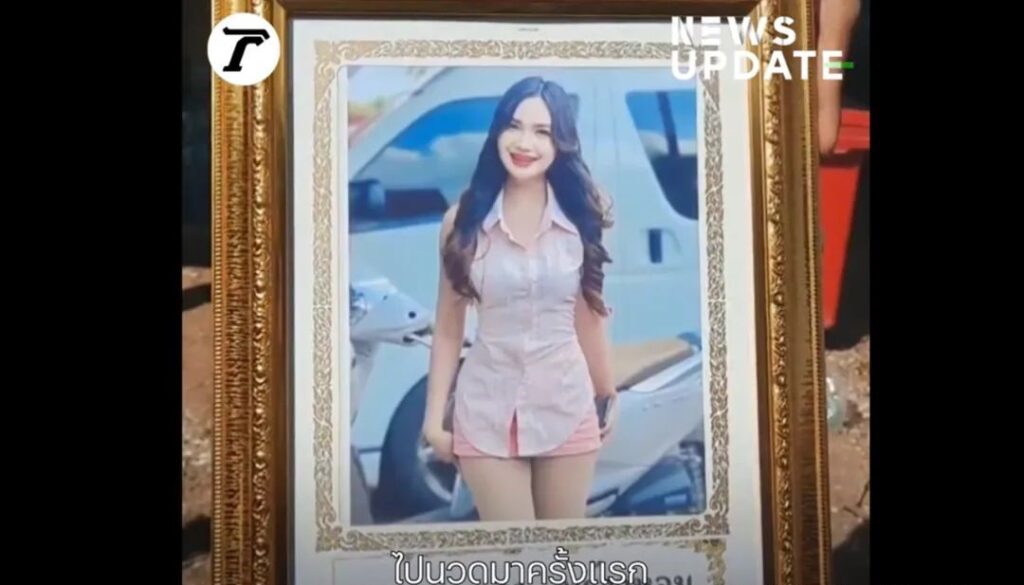
Repeatedly performing these movements over a long period can damage nerves and blood vessels in the neck, potentially leading to lifelong injuries…

Such incidents are not uncommon. Just a few days ago, Thai police reported that a 52-year-old Singaporean tourist died shortly after receiving a body massage in Patong Beach, Thailand.
This tourist was a regular at this massage parlor. After a 45-minute aromatherapy massage on the beach, he began to snore loudly but soon showed signs of distress and lost consciousness.
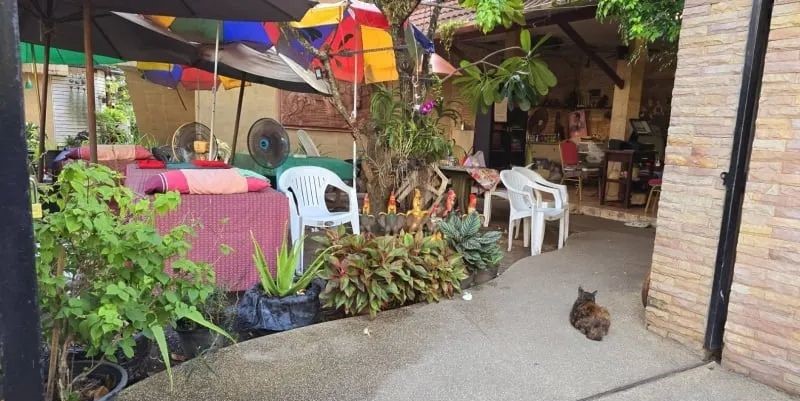
CPR performed by the massage parlor staff was ineffective, so they quickly called for police and medical personnel, but he could not be saved.
The police investigation uncovered several issues: the “massage parlor” was actually a laundry shop that “also” provided massages, with no massage-related licenses.
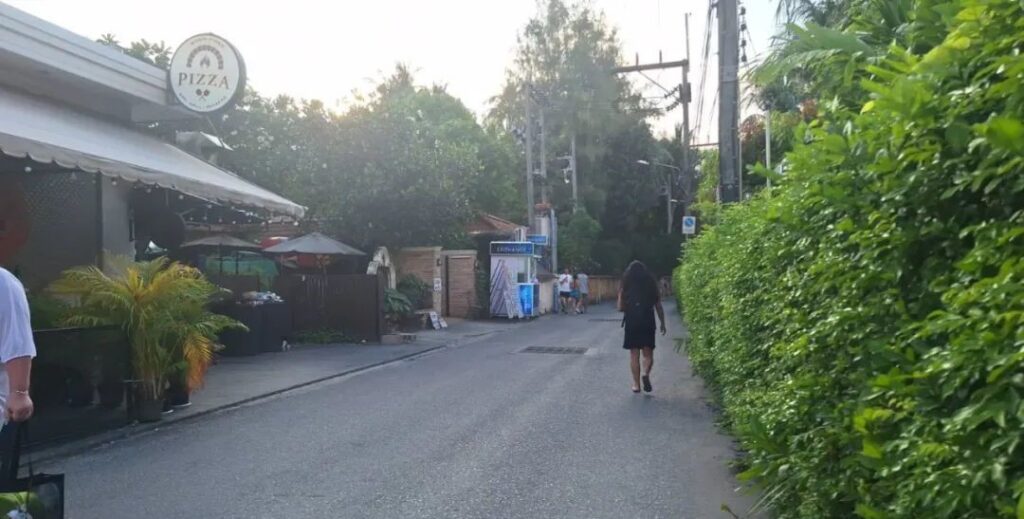
The man’s wife was present during the massage and told the police that her husband had drunk beer before the massage and, coupled with his sedentary lifestyle, might have had some underlying health issues that, combined with the massage, led to the tragedy.
She did not question the cause of her husband’s death and requested his body be returned to Singapore for religious rites, refusing an autopsy.
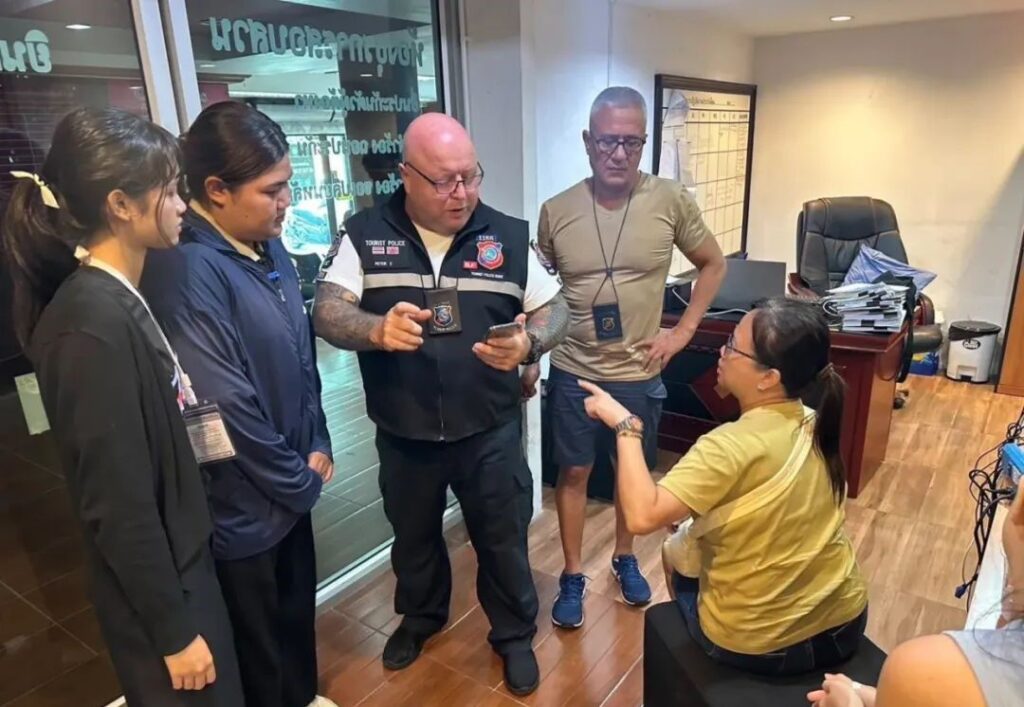
It’s currently unclear if there are any underlying circumstances, but within a week, two massage-related deaths have made headlines in Thai media, casting a shadow over the Thai massage parlors that are ubiquitous on every street.
Everyone should be more cautious when getting a massage, especially with movements involving the cervical spine; it’s best to remind the masseur to skip them. Don’t let those unexpected injuries lead to irreversible consequences…













